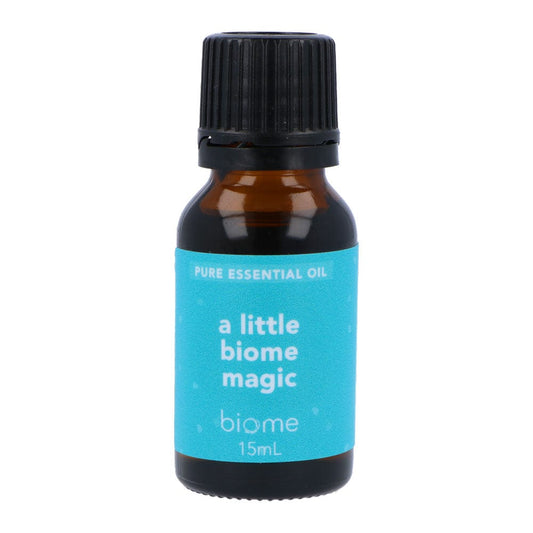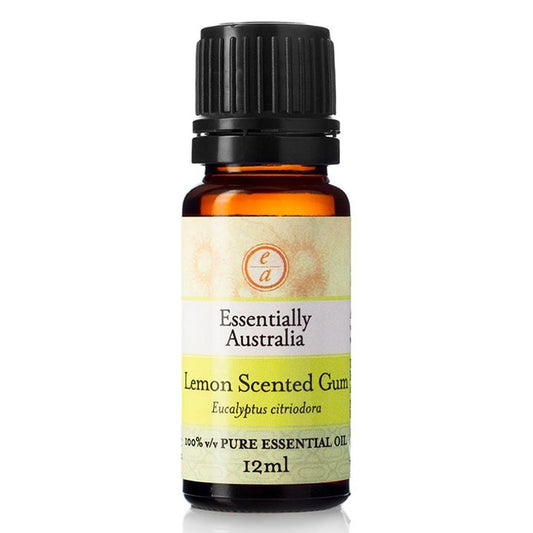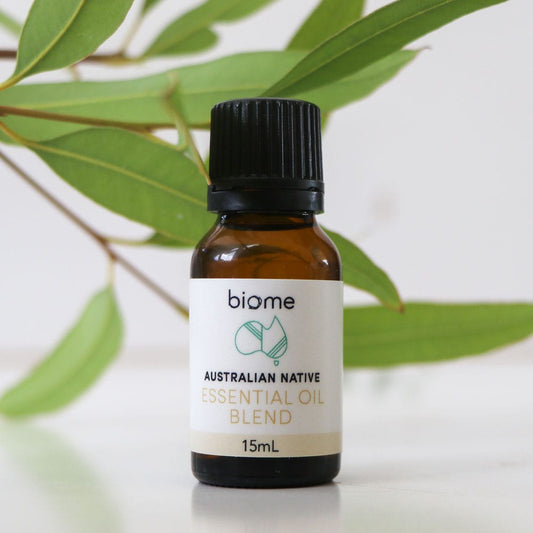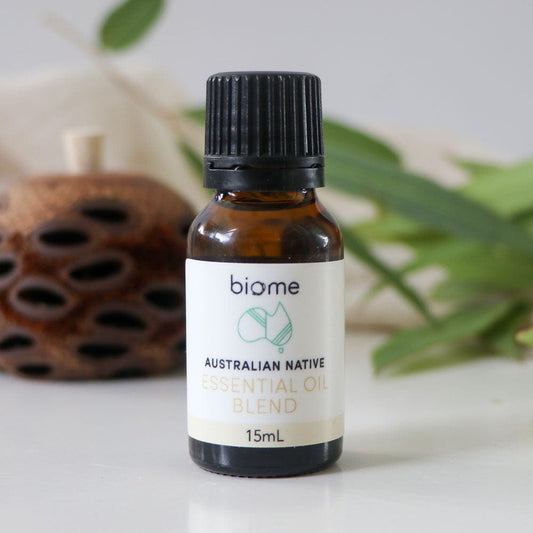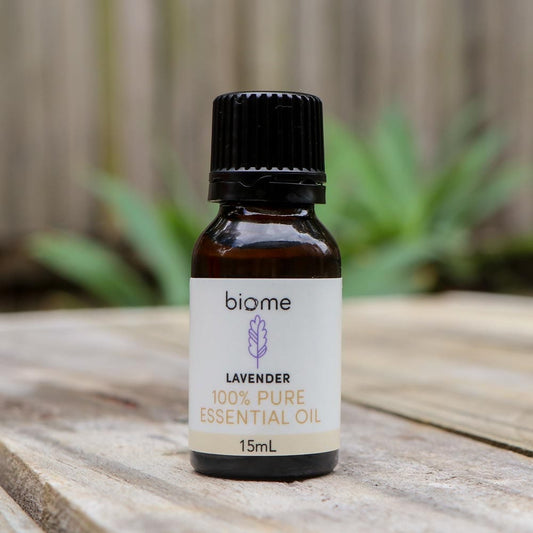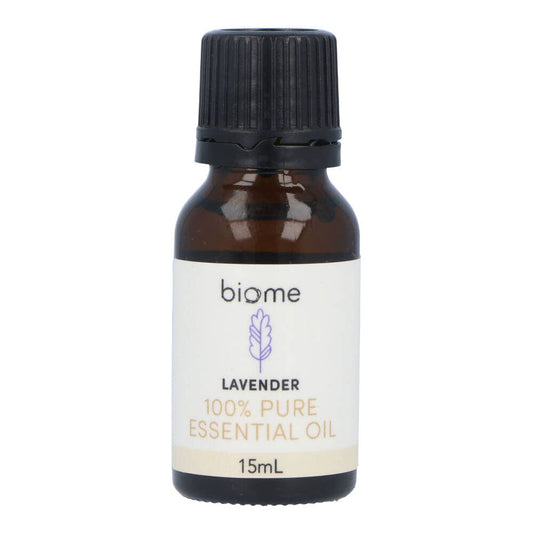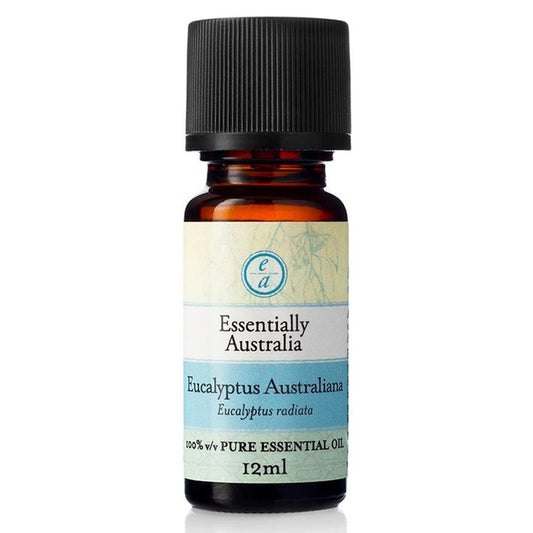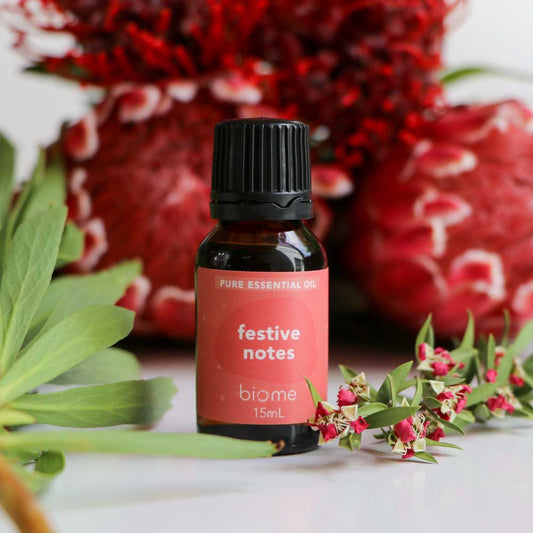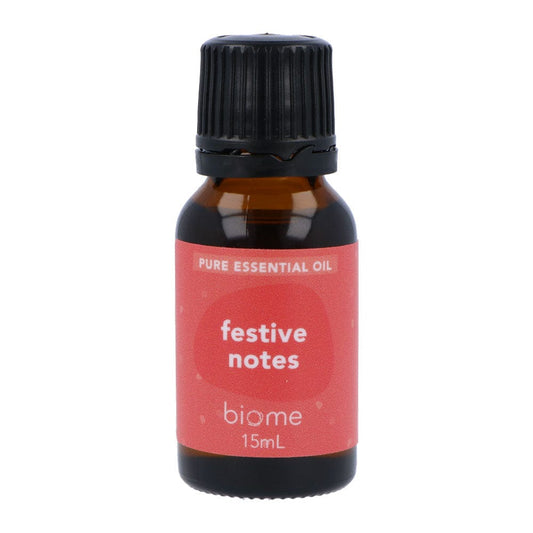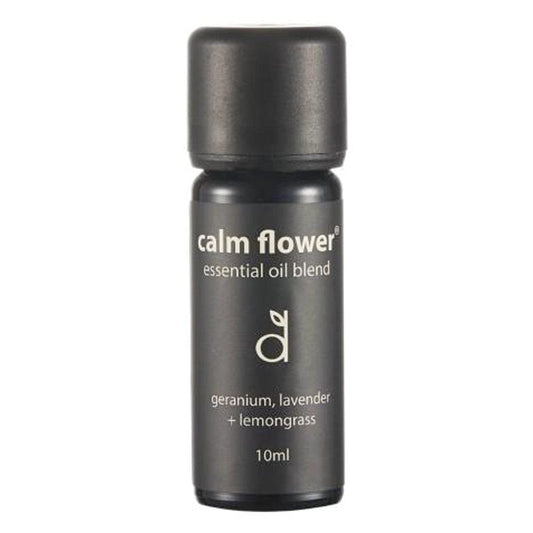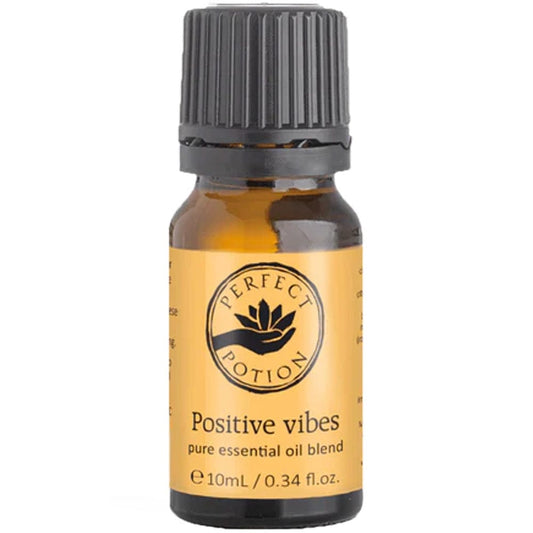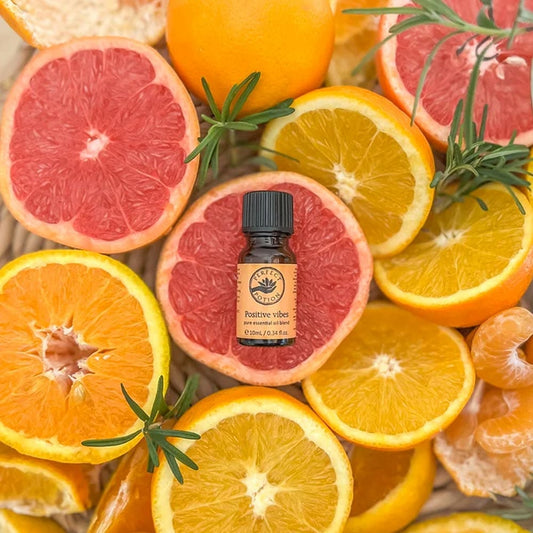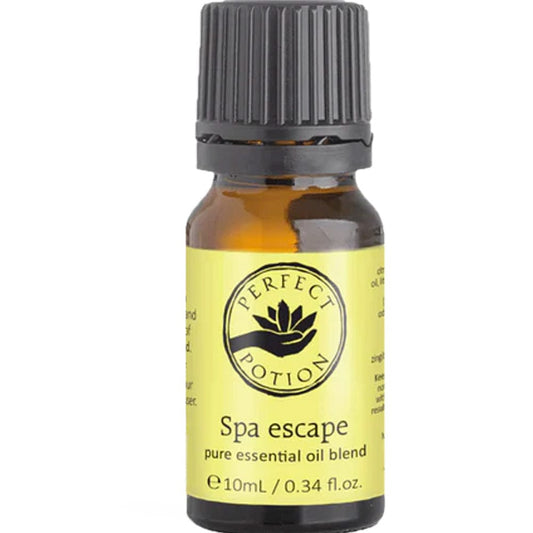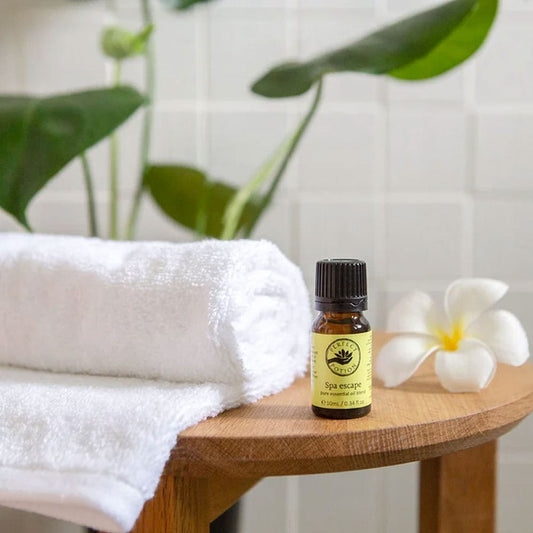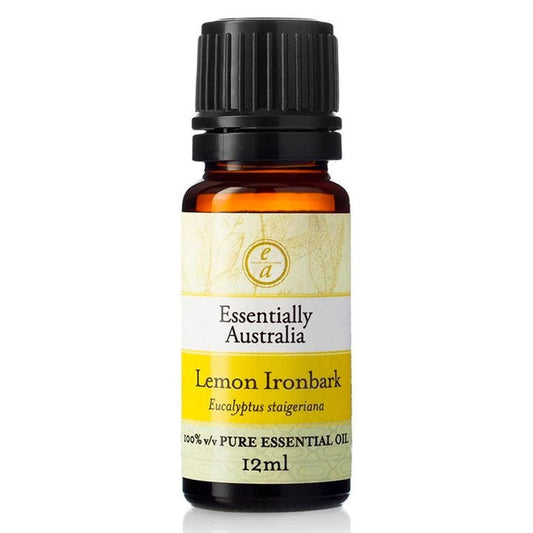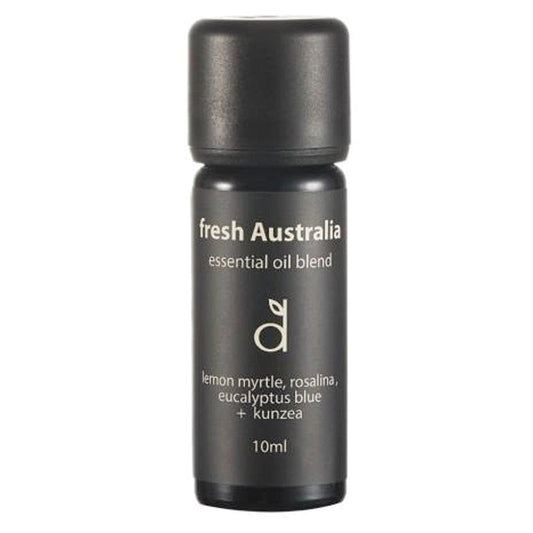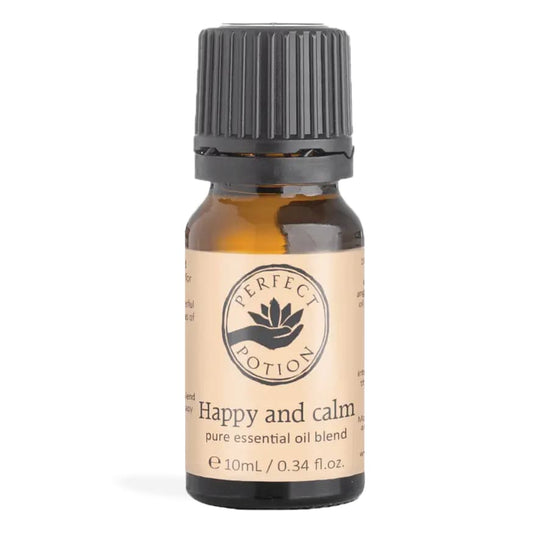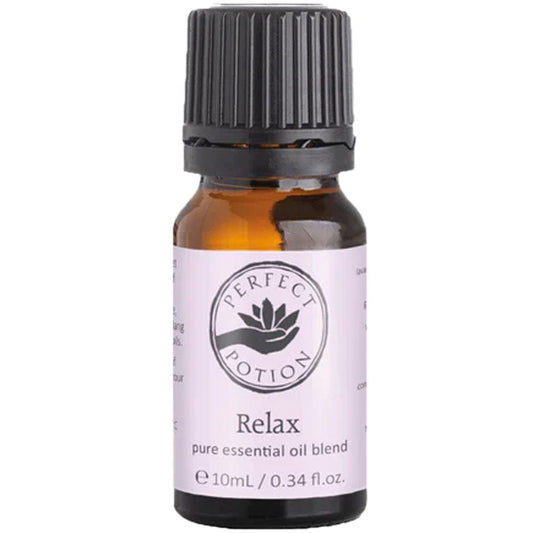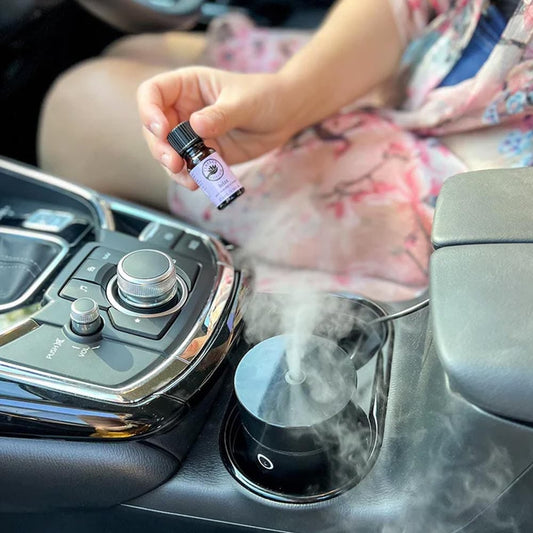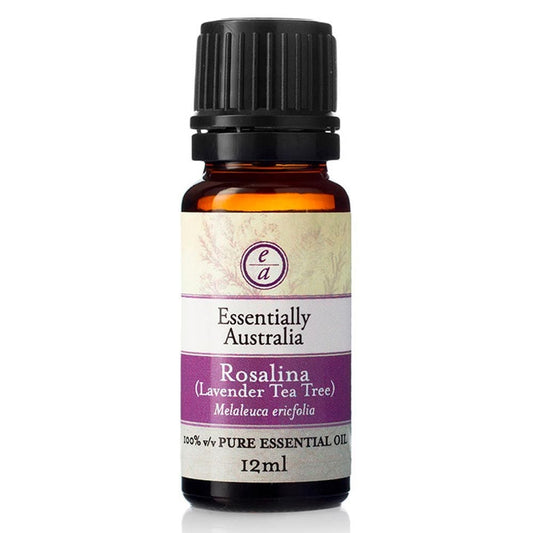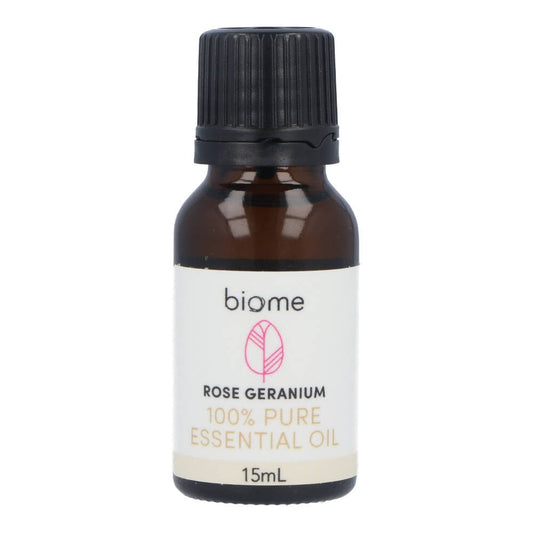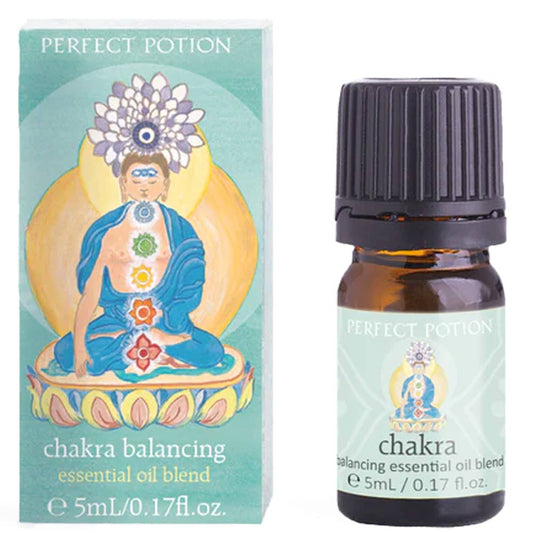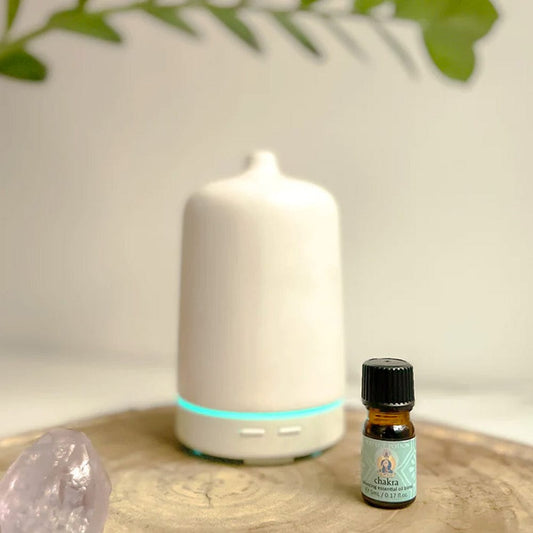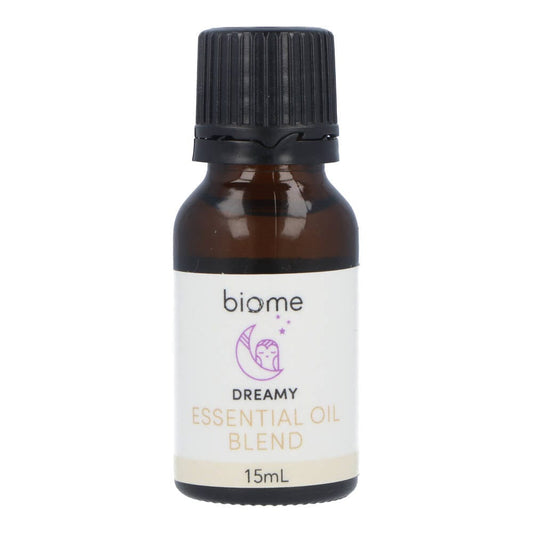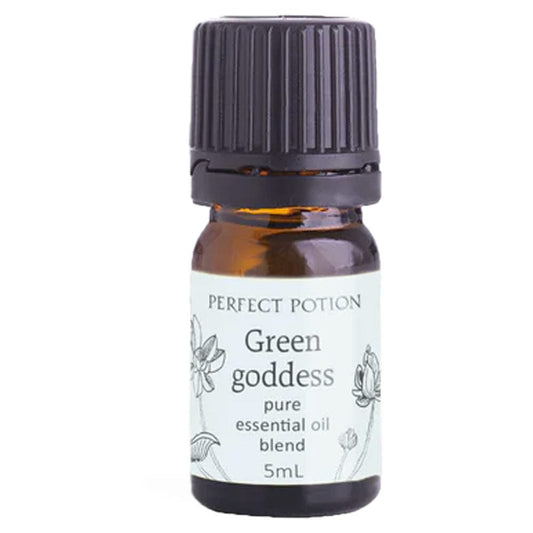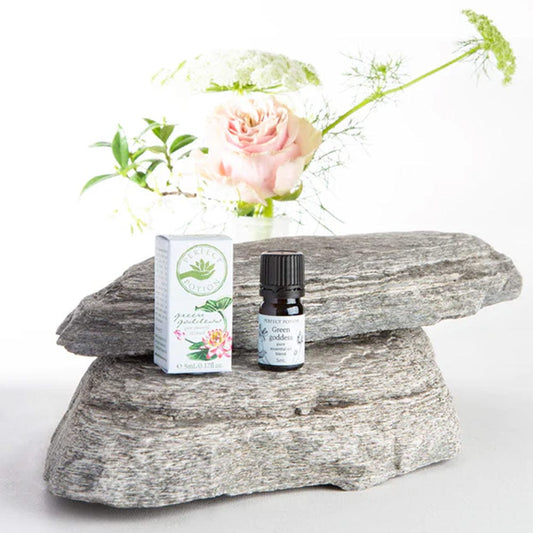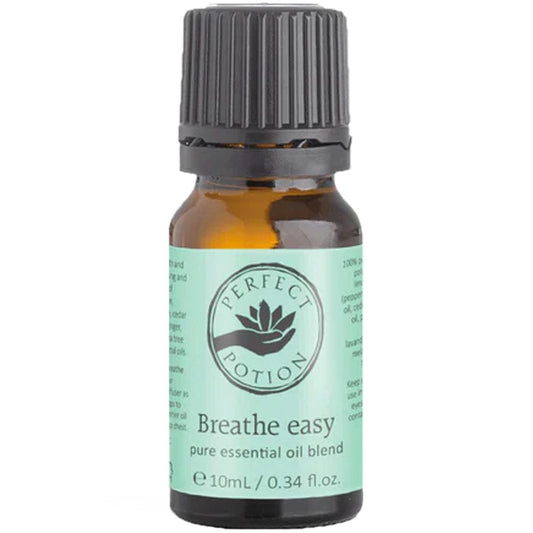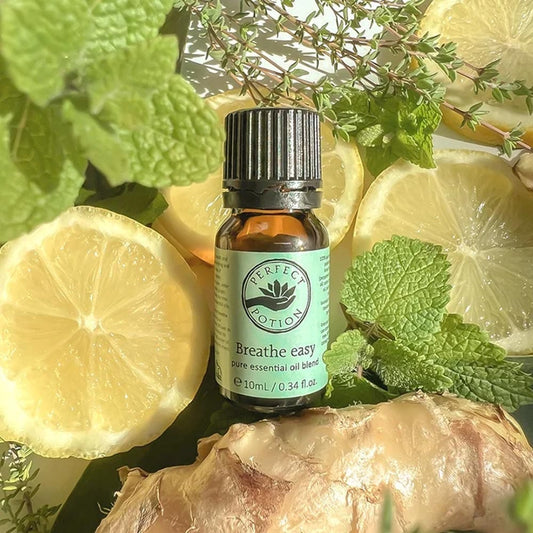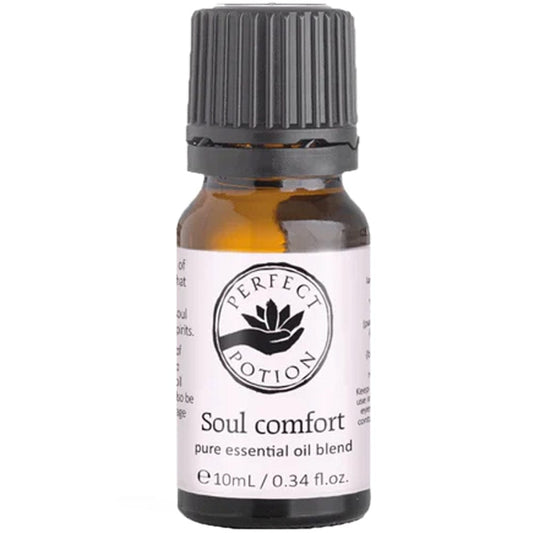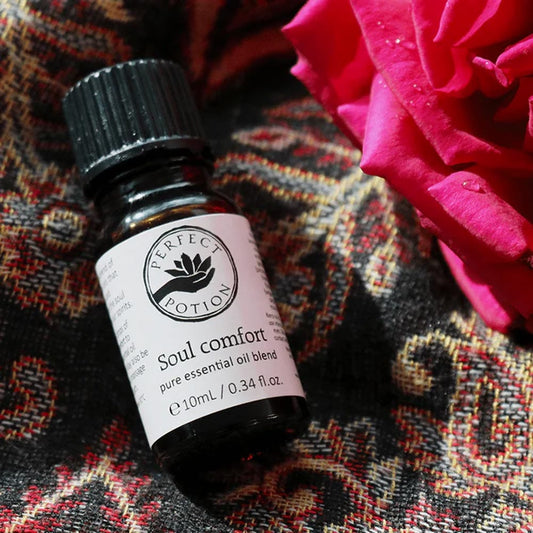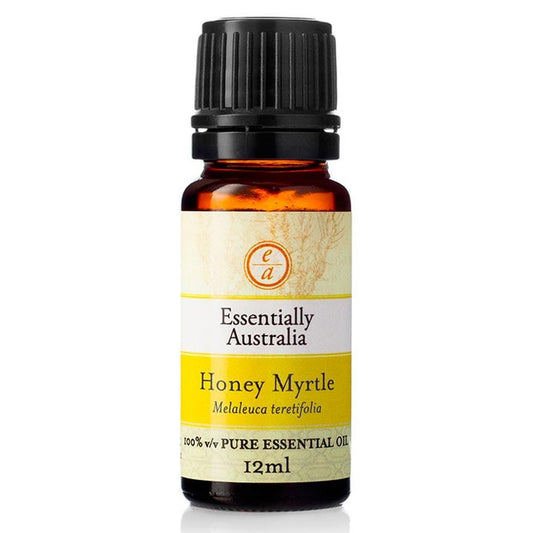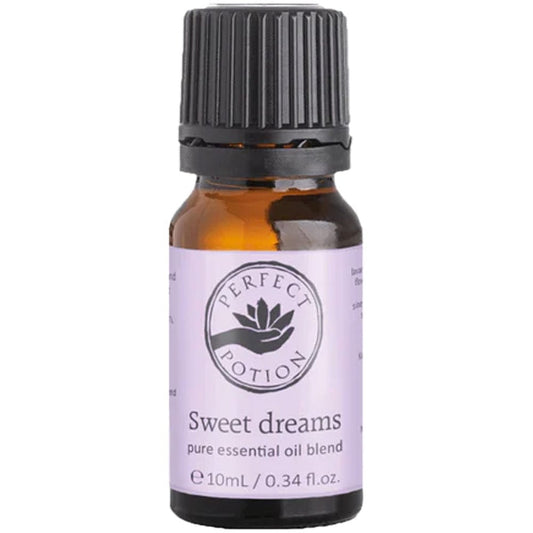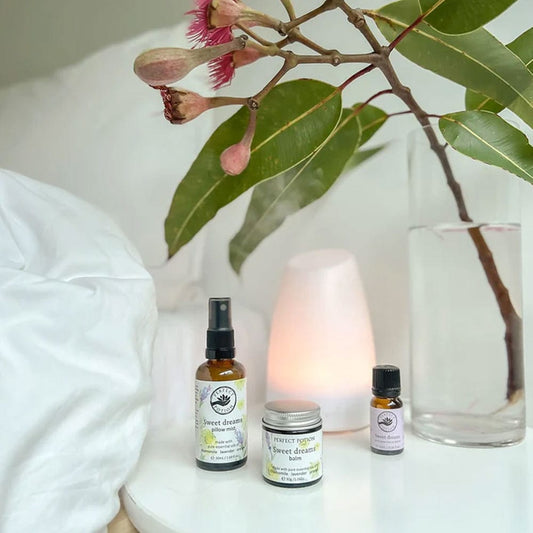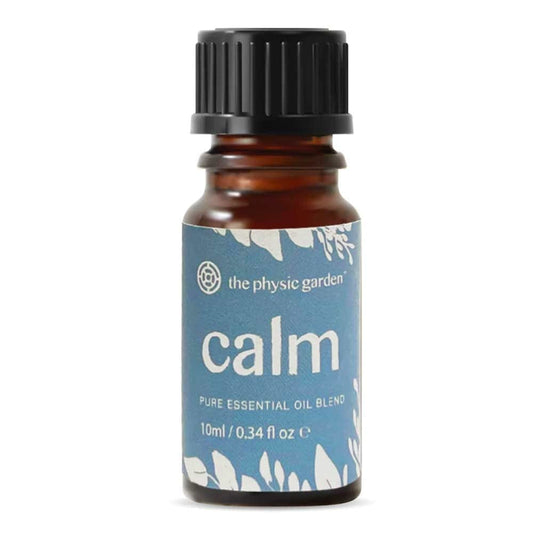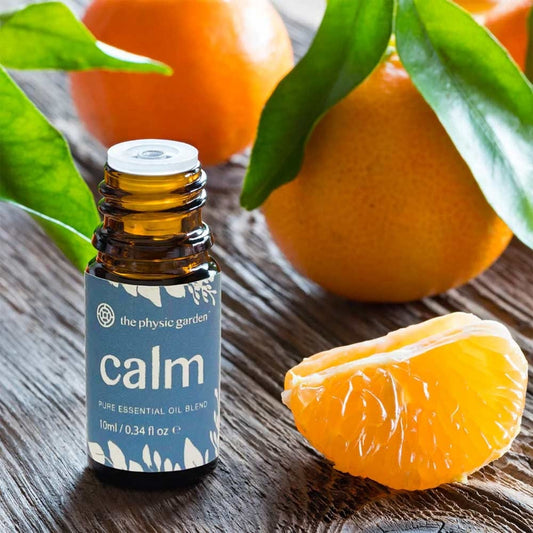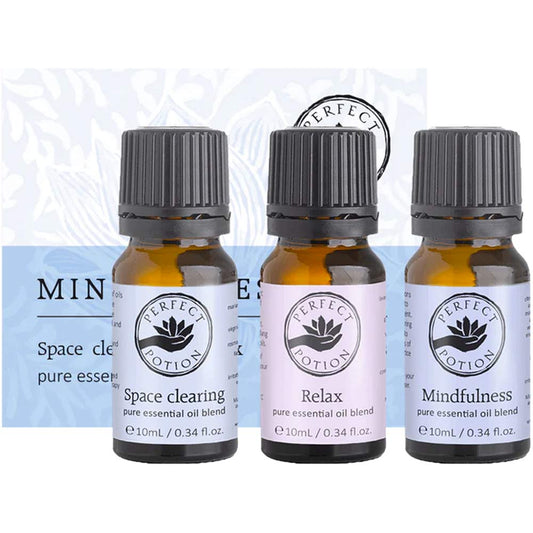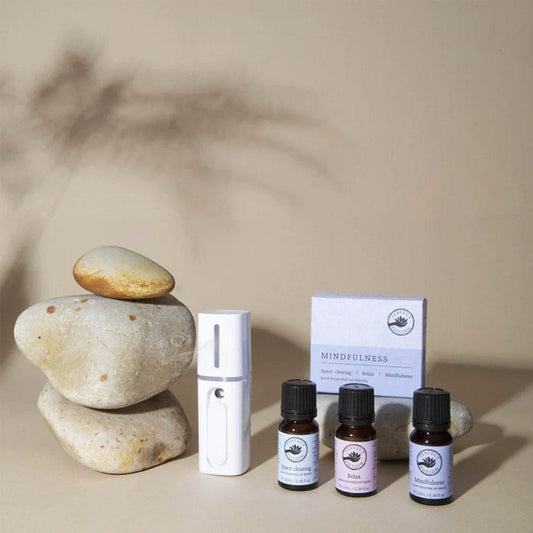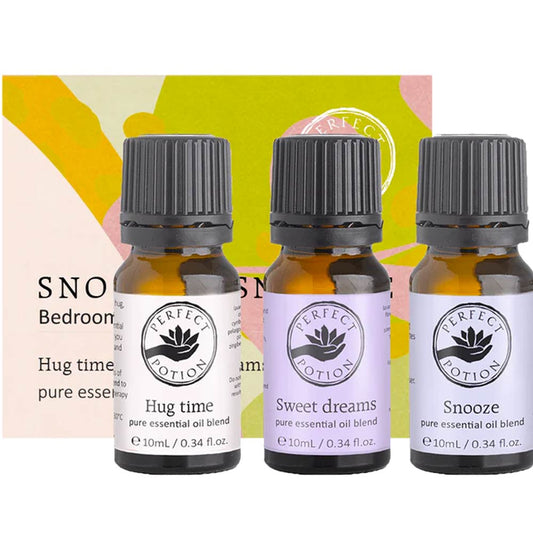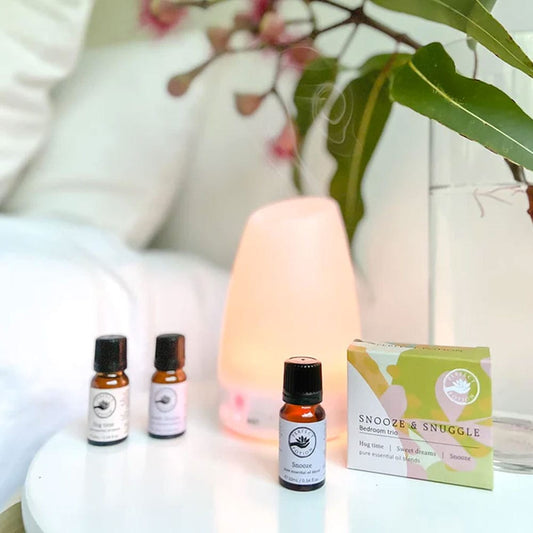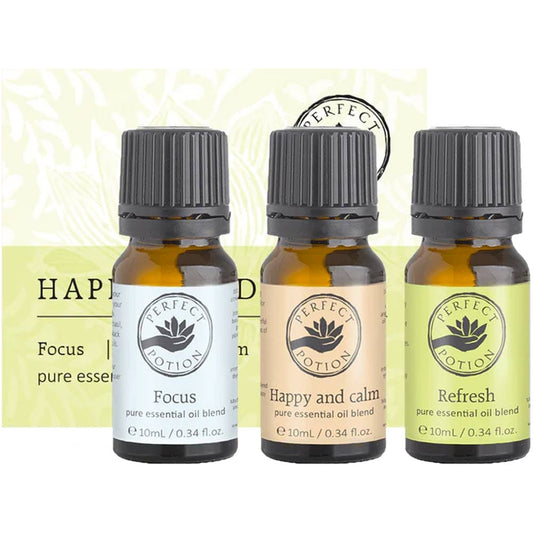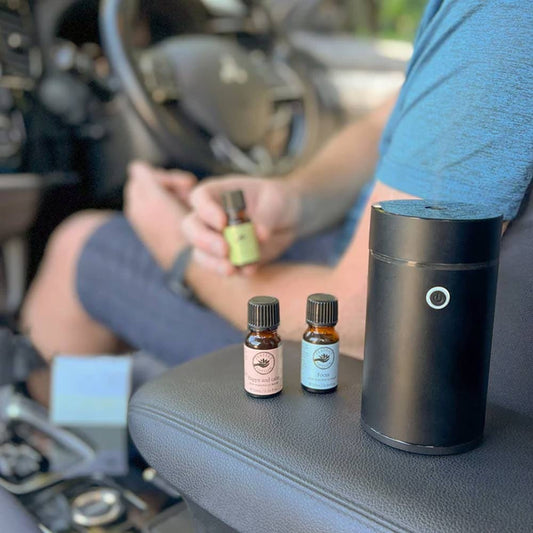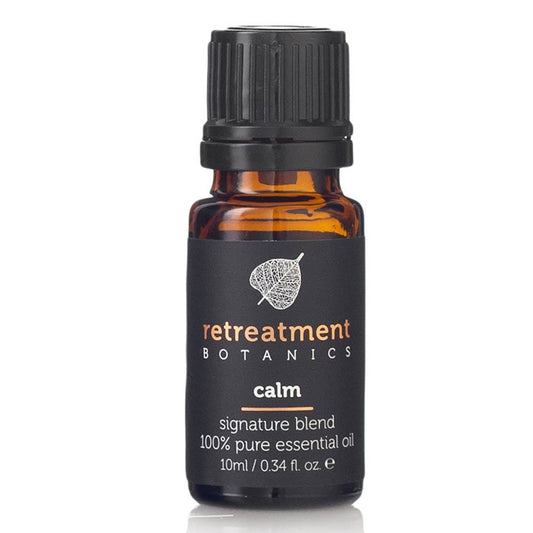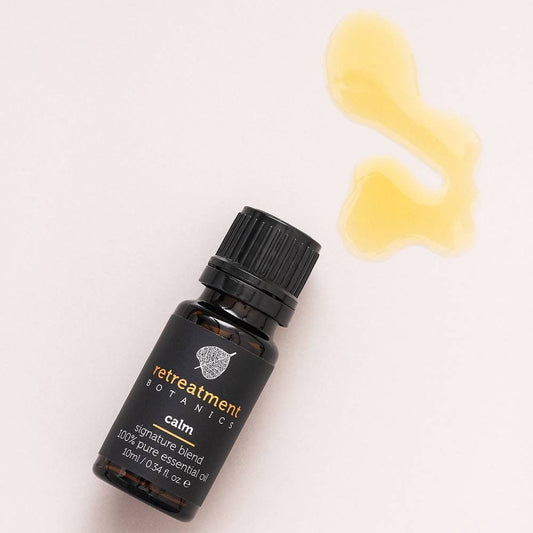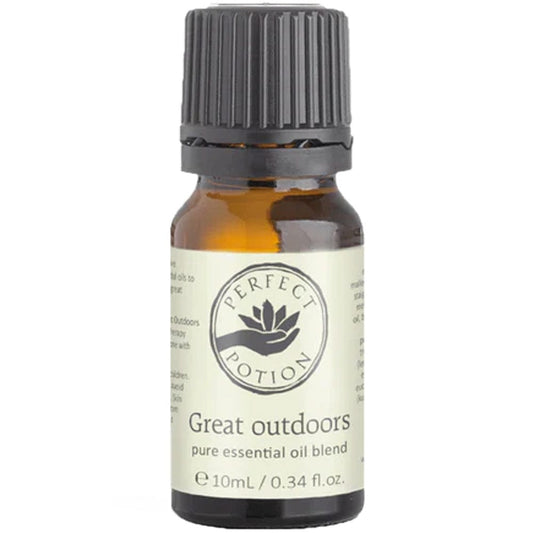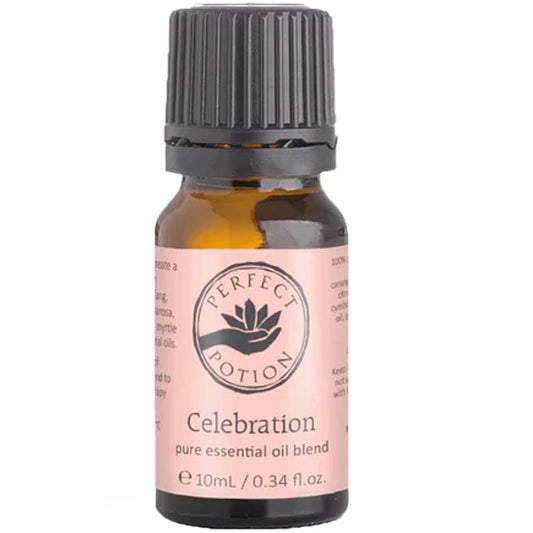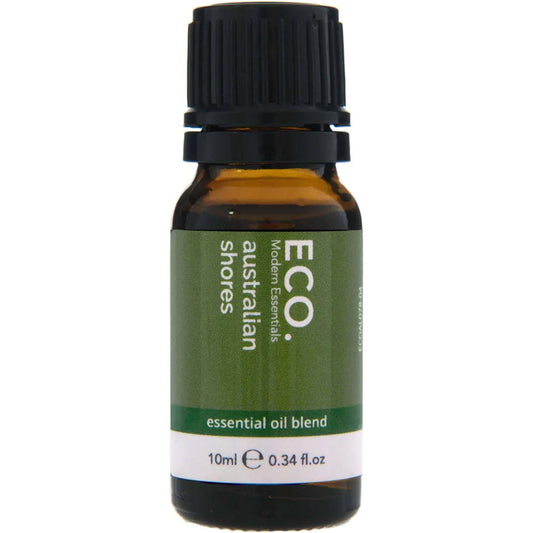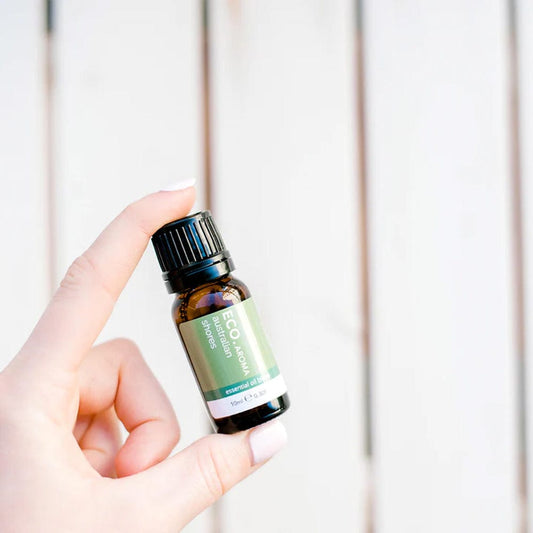Can any essential oil be used in a diffuser?
No, not any essential oil can be used in a diffuser. Only pure essential oils that are extracted from plants and have therapeutic benefits should be used in a diffuser. Other types of oils, such as perfumed oils, cooking oils, or synthetic oils, may not diffuse properly, may have unpleasant odours, release harmful chemicals into the air.
Pure essential oils for a diffuser have unique organic compounds that provide soothing, calming, or stimulating effects on the body and mind. These compounds are dispersed into the air as fine mist by the diffuser, and then inhaled or absorbed by the skin. Different types of diffusers have different methods of breaking down and dispersing the oils, such as ultrasonic vibrations, air pressure, heat, or fan. Each type of diffuser has its own advantages and disadvantages, and may require different amounts and qualities of oils.
Please also avoid using oils that may cause allergic reactions or irritate your skin or eyes. If you are pregnant, breastfeeding, or have any medical conditions, consult your doctor before using essential oils.
Is there a difference between diffuser oil and essential oil?
Yes, there is a difference between diffuser oil and essential oil. Diffuser oil is a mix of essential oils and other carrier oils such as coconut oil or mineral oil (petroleum). It is usually thicker than essential oil and does not evaporate as quickly. It is specifically designed for reed aroma diffusers, which release the oil slowly through the reeds into the air. Often these oils use synthetic fragrance oil, which are not healthy for you to breathe in, so please take care when choosing.
Essential oil is a pure, concentrated plant extract that has a more intense scent and evaporates much faster. It has various applications such as aromatherapy, massage, and skincare. It can be used in some diffusers, but it needs to be mixed with a carrier oil to avoid damaging the device. Essential oil is also more potent than diffuser oil, so it must be used sparingly and cautiously.
Is it ok to use a diffuser every day?
It is not recommended to use a diffuser continuously for long periods of time, as this can cause overexposure to the oils, desensitisation, and lead to adverse effects such as headaches, nausea, skin irritation, or hormone disruption. Some essential oils can also be harmful to pets, children, pregnant women, or people with certain medical conditions.
The best way to use an essential oil diffuser is to follow the instructions of your diffuser and your oil provider, and use intermittent diffusion, which means diffusing for 30 to 60 minutes and then turning it off for 30 to 60 minutes. This allows you to enjoy the benefits of the oils without overwhelming your senses or causing any harm. Only use pure essential oils that are suitable for your diffuser type, and avoid synthetic or perfumed oils that may damage the device or your lungs. Clean your diffuser regularly to prevent the growth of microbes or mould.
If you wish to disperse a more gently scent constantly, your best choice is a Banskia aroma pod that absorbs and releases essential oils through the wood.
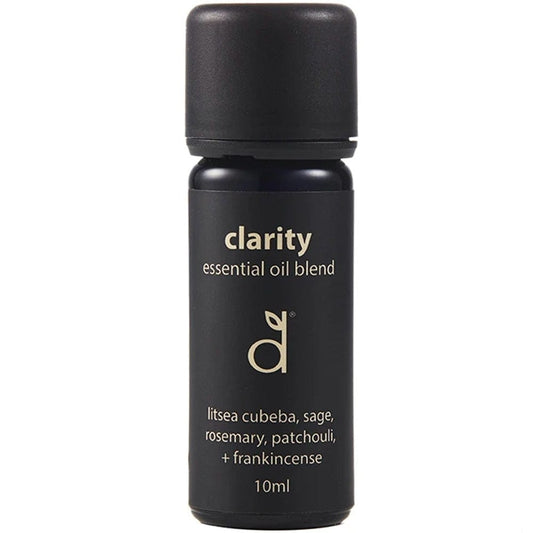 Rated 5.0 out of 5 stars2Regular price $24.95Regular priceUnit price per
Rated 5.0 out of 5 stars2Regular price $24.95Regular priceUnit price per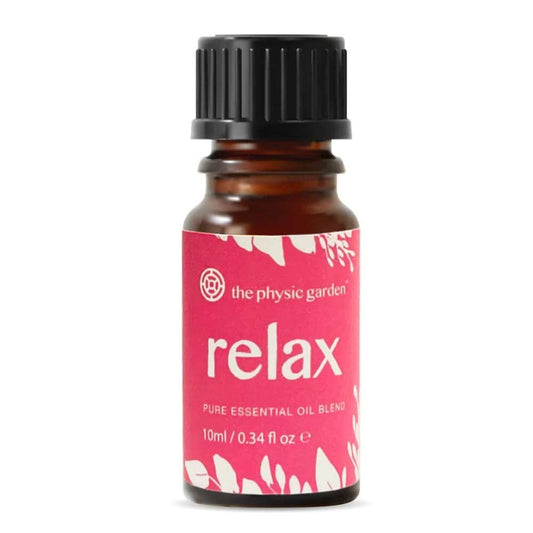
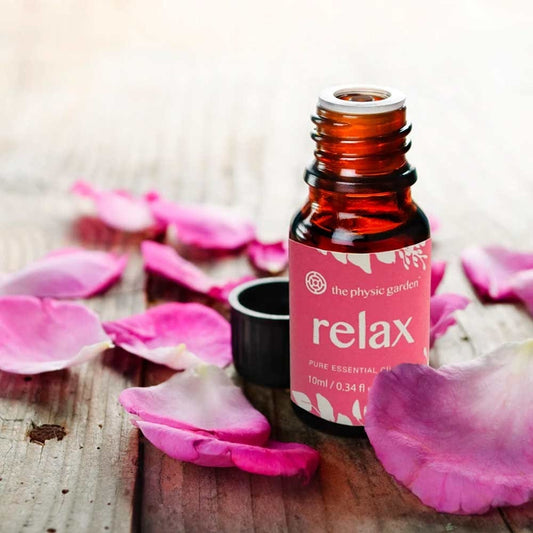 Regular price $28.95Regular priceUnit price per
Regular price $28.95Regular priceUnit price per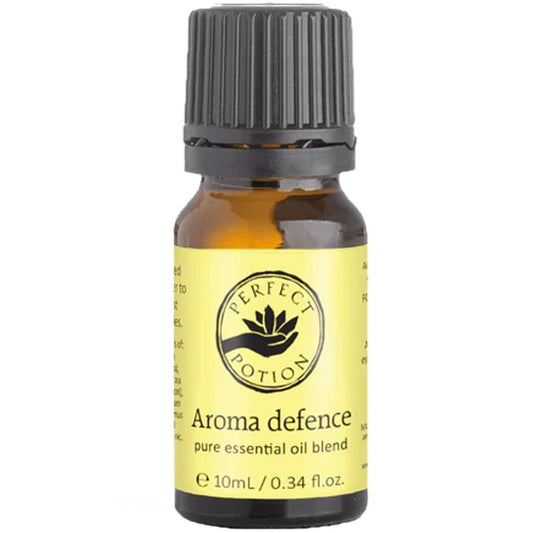
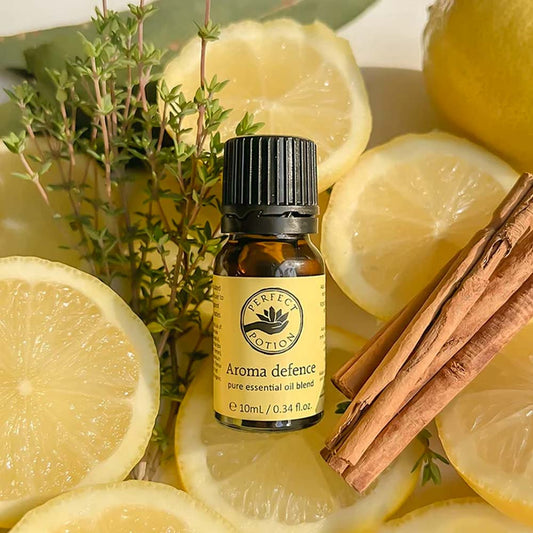 Regular price $29.95Regular priceUnit price per
Regular price $29.95Regular priceUnit price per

